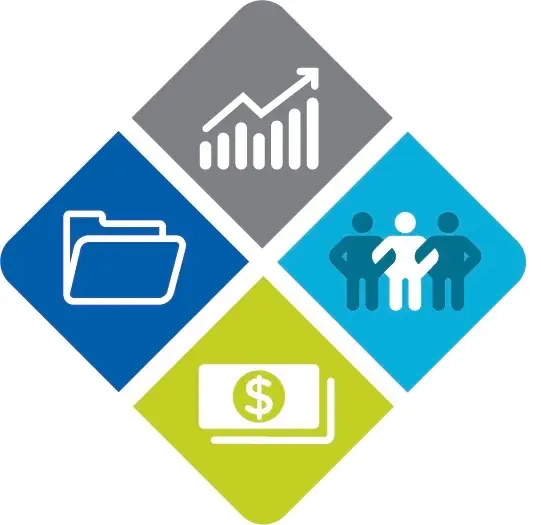The small business coaching market is undergoing a major shift. What was once considered a niche service is now essential for entrepreneurs—and for the professionals who support them.
Globally, the executive coaching certification market is projected to grow from US$10.4 billion in 2024 to US$21.8 billion by 2031, a remarkable compound annual growth rate (CAGR) of 11.2%. This surge reflects increasing demand for leadership development, emotional intelligence, and practical business systems that help business owners succeed in complex times (Persistence Market Research, 2025).
Rising Demand for Coaching in Small Businesses
Small business owners often juggle multiple roles—CEO, accountant, marketer, HR manager, tech support, and customer service lead—all in a single day. This unsustainable load has created fertile ground for small business coaching.
A skilled coach provides a thinking partnership, creating space for reflection and strategic decision-making that aligns with long-term goals. Programs like the UK’s “Help to Grow” scheme show tangible results: over 10,000 participants in the 12-week MBA-style program reported improvements in productivity, decision-making, and revenue (Financial Times, 2024).
Professional mentorship, once reserved for executives, is now accessible to small business owners. According to The Times UK, 65% of those receiving mentoring saw a direct revenue boost, and 72% experienced improved mental health and work-life balance (The Times UK, 2024).
AI in Small Business Coaching: Technology Trends
As the coaching field scales, the need for consistency, accessibility, and affordability grows. AI-powered coaching platforms are helping meet this demand. Tools like Valence’s Nadia and CoachHub’s Aimy aren’t just tech gimmicks; they’re part of a broader movement to democratize business support.
These digital assistants are multilingual, available 24/7, and confidential, making them attractive options for larger organizations. That said, no AI tool can replace the nuance, deep listening, and trust built in a human coaching relationship. Especially for small business owners facing financial strain, staffing issues, or burnout, the emotional intelligence and real-world experience of a trained coach make all the difference.
AI can complement human coaching by offering assessments, follow-ups, and insights that enhance results. Coaches who integrate AI into their practice can stand out, combining high-tech tools and high-touch support to meet the evolving needs of clients (Luisa Zhou, 2024).
Opportunities and Challenges in Today’s Market
Expanding Markets and Emerging Needs
With 97% of the world’s businesses classified as small (World Bank Data), the potential market for coaching is massive. Many of these businesses operate without formal leadership development or succession planning—they need guidance, not gurus. This opens the door for coaches trained specifically in small business systems, not just general life or executive frameworks.
Emerging markets in Asia-Pacific—including China, India, and the Philippines—are experiencing a surge in coaching demand. Entrepreneurial culture is expanding and global business standards are being adopted (Persistence Market Research, 2025).
Barriers to Entry and Growth
Despite growth, barriers remain. Certification costs, lack of awareness among small business owners, and inconsistent industry standards create friction. Many business owners are skeptical—and rightly so, since the term “coach” is unregulated in most parts of the world.
Credibility and practical results will differentiate successful coaches. Those who provide assessments, roadmaps, and systems—not just conversation—are seen as partners, not expenses.
The Future is Now: Coaching for Real-World Impact
The future of small business coaching is personal, practical, and powerful. Small business owners are the backbone of the global economy. They deserve high-quality support that honors the complexity of their work.
As AI and automation reshape business operations, human-centered coaching grows in value. Coaches who embrace systems thinking, emotional intelligence, and practical business tools help owners reduce chaos, find clarity, and build lasting success (Persistence Market Research, 2025).
Better support for small business owners means more stable communities, stronger economies, and greater individual well-being. Coaching isn’t just a service—it’s a movement. And right now, it’s growing.
If you’re thinking about becoming a certified small business coach or want to better support the business owners you serve, now is the time. The market is growing, and your impact can be, too.









